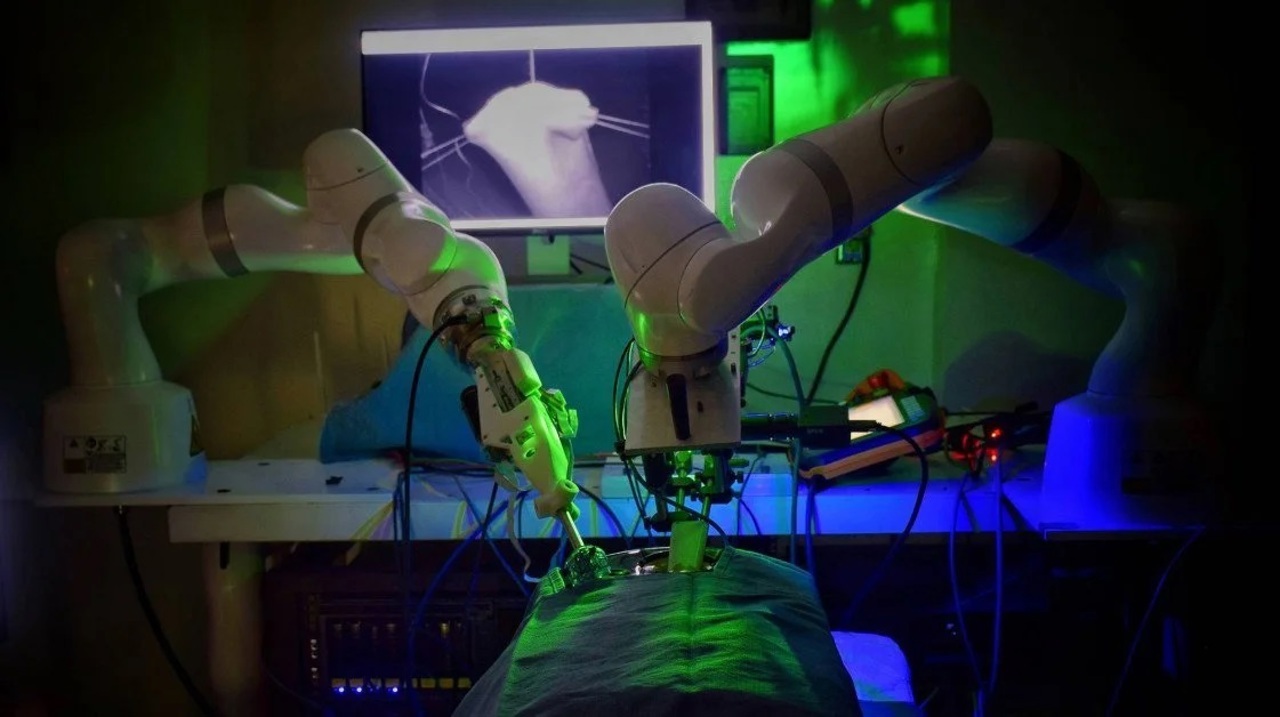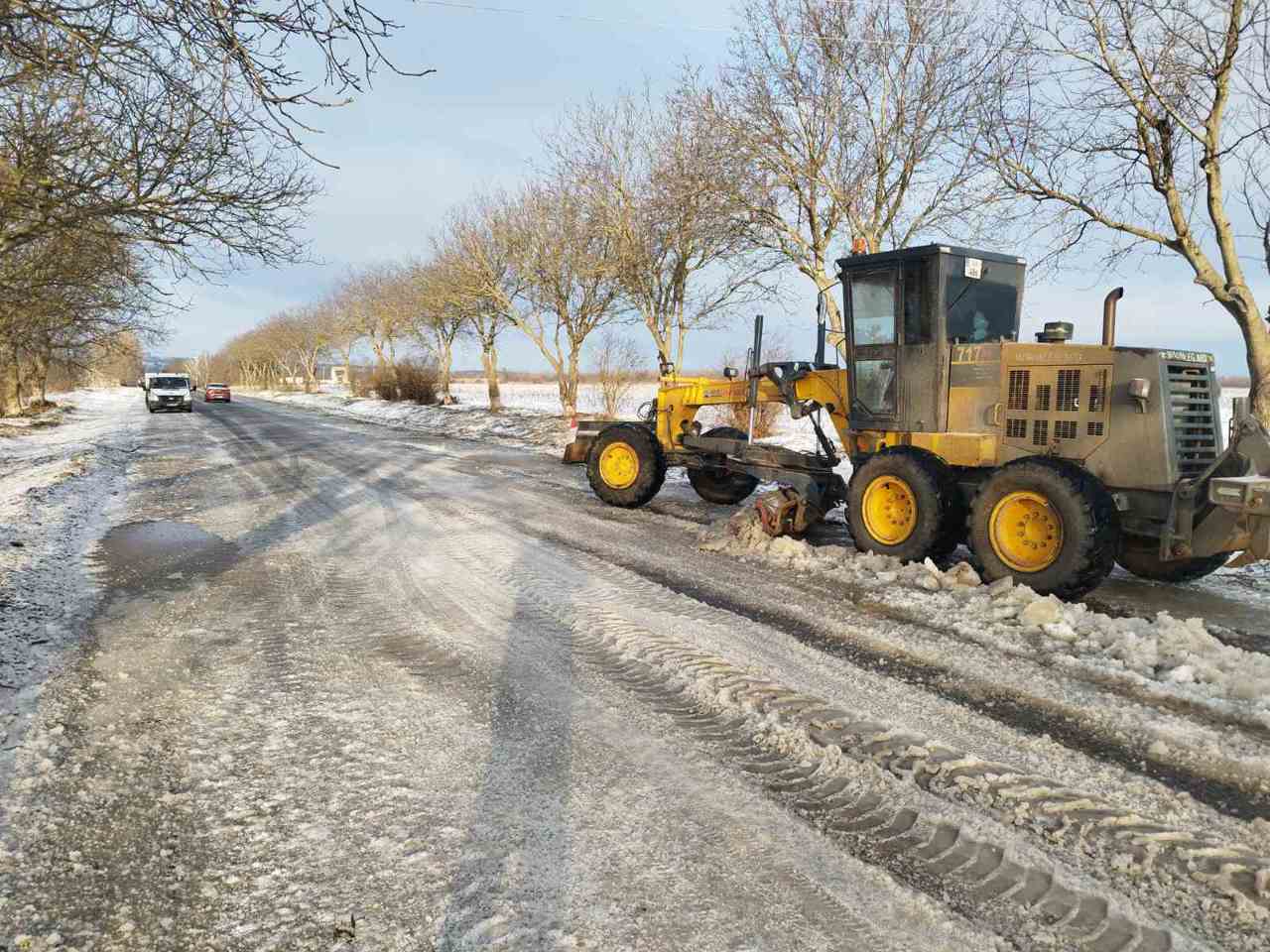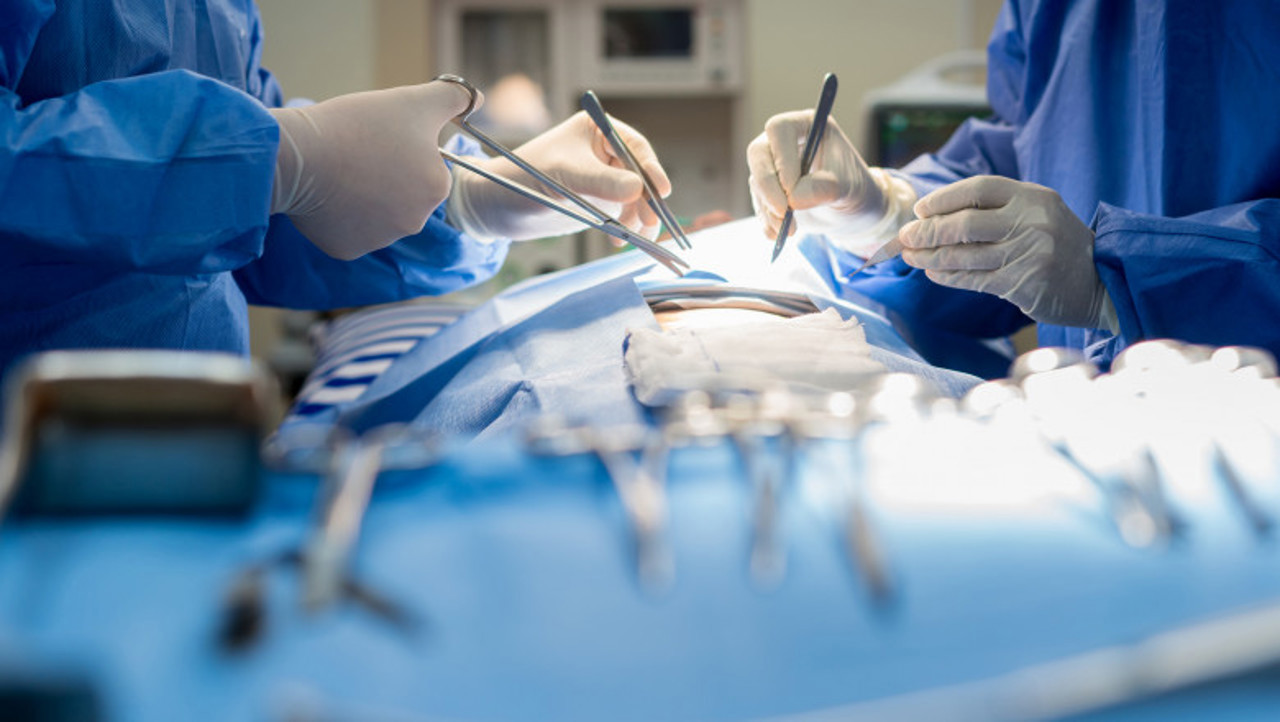Remote Surgery Success on the International Space Station
In a groundbreaking medical experiment, American surgeons have successfully tested a surgical robot remotely from Earth aboard the International Space Station (ISS), according to a recent CNN report.

The surgeons, located in Lincoln, Nebraska, controlled the spaceMIRA device – a 0.9-kilogram (2-pound) robot designed to precisely mimic human movements – from a distance of approximately 400 kilometres (250 miles).
During the simulation, spaceMIRA meticulously performed various surgical procedures on artificial tissues. "The robot utilises two arms to replicate a surgeon's actions– a left arm for grasping and a right arm for cutting," explained Shane Farritor, co-founder and chief technology officer of Virtual Incision, the startup that developed spaceMIRA.
This cutting-edge technology has been in development for 20 years. Following successful testing on the ISS, all six participating surgeons were able to complete the required procedures effectively.
One of the primary challenges of remote surgery is latency, the delay between when a signal is sent from Earth and when it reaches the robot. Dr. Michael Jobst, a colorectal surgeon who participated in the spaceMIRA demonstration, reported a delay of approximately 0.85 seconds.
"As NASA envisions longer space missions, the need for innovative medical solutions in space becomes crucial," said Farritor. "This simulation marks a significant step towards addressing those future healthcare needs."
Author: Pavel Cepraga
Translation by Iurie Tataru





